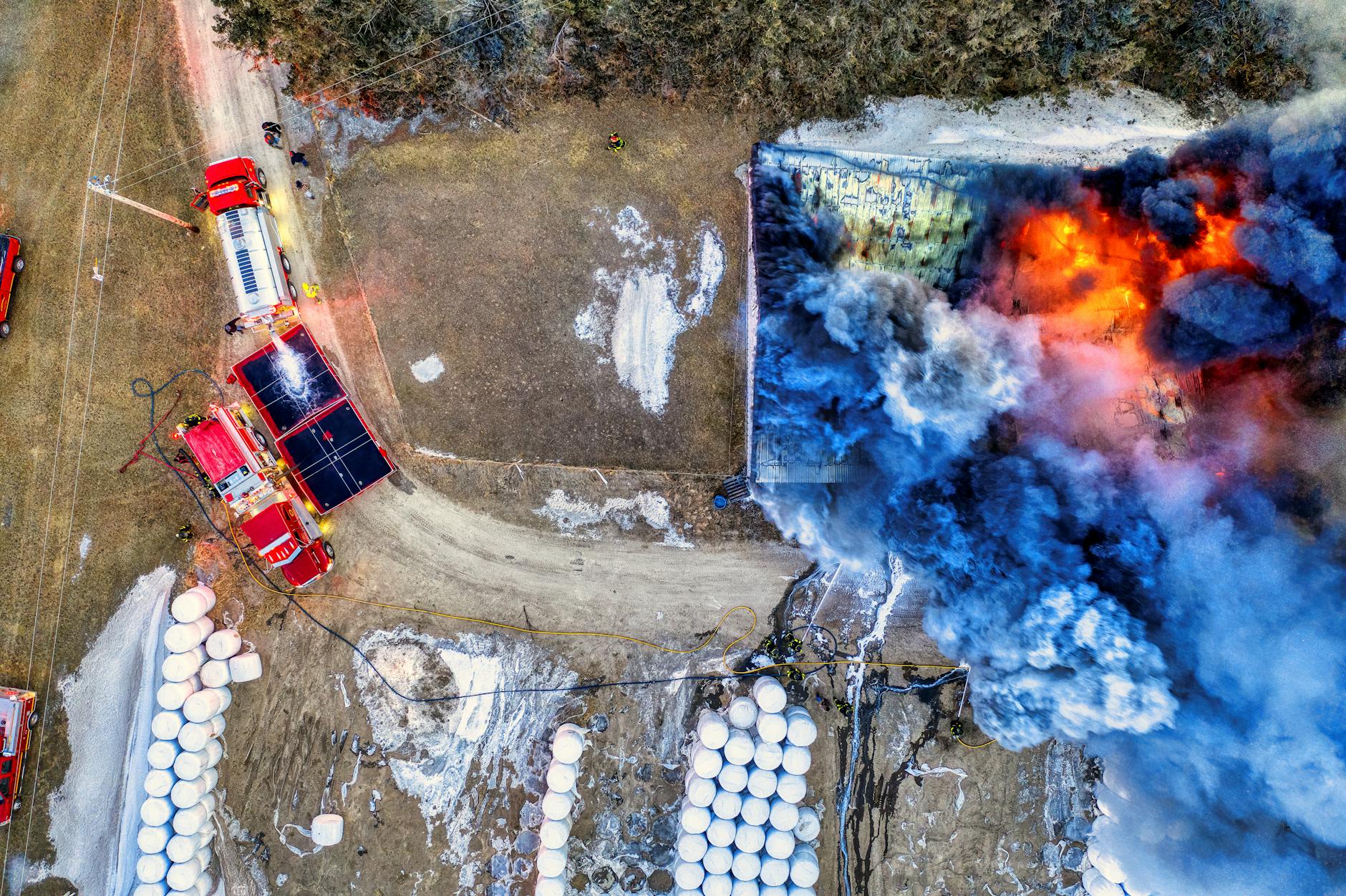
Top 10 Fire Safety Tips Everyone Should Know
Fire safety is crucial to protect lives and property. Understanding how to prevent fires and respond during emergencies can make a life-saving difference. Here are the top 10 fire safety tips everyone should know:
1. Install Smoke Alarms
- Place smoke detectors on every level of your home, especially near bedrooms.
- Test alarms monthly and replace batteries annually.
- Use interconnected smoke alarms for faster alerts.
2. Create a Fire Escape Plan
- Develop a clear evacuation plan with two exit routes for each room.
- Practice the plan twice a year with all household members.
- Designate a safe meeting spot outside your home.
3. Stay Alert While Cooking
- Never leave cooking unattended; most house fires start in the kitchen.
- Keep flammable items like towels and curtains away from heat sources.
- Use timers to prevent forgetting about food on the stove.
4. Avoid Overloading Electrical Circuits
- Plug appliances directly into wall outlets instead of using extension cords.
- Replace damaged or frayed wires immediately.
- Avoid running cords under carpets or rugs, as they can overheat.
5. Keep Fire Extinguishers Handy
- Have at least one fire extinguisher in your home, ideally in the kitchen.
- Ensure everyone knows how to use it with the PASS method:
- Pull the pin
- Aim the nozzle at the base of the fire
- Squeeze the handle
- Sweep side-to-side.
6. Store Flammable Materials Safely
- Keep gasoline, cleaning agents, and other flammable liquids in well-ventilated areas.
- Store them away from heat sources, sparks, or open flames.
- Use approved containers for storage.
7. Practice Candle Safety
- Never leave burning candles unattended.
- Place them on stable, heat-resistant surfaces away from flammable items.
- Consider using battery-operated LED candles for added safety.
8. Teach Children Fire Safety
- Educate children about the dangers of playing with matches and lighters.
- Keep these items out of their reach.
- Teach them how to stop, drop, and roll if their clothing catches fire.
9. Install Fire-Resistant Materials
- Use fire-resistant building materials for roofing, siding, and insulation.
- Install fire-rated doors and windows in high-risk areas.
- Trim vegetation and remove debris around your home to reduce wildfire risks.
10. Know How to Respond in a Fire
- If a fire occurs, get out immediately and stay out—do not return for belongings.
- Call emergency services once you are safely outside.
- Close doors behind you to help contain the fire.
Common Myths About Fire Safety
Some believe fire won’t happen to them or that small precautions are unnecessary. However, fire doesn’t discriminate—it’s better to be overly prepared than caught off guard.
Benefits of Prioritizing Fire Safety
Investing time and effort into fire safety saves lives and offers peace of mind. Being proactive protects your loved ones and minimizes property damage.
Conclusion
Fire safety is everyone’s responsibility. By following these ten essential tips, you can significantly reduce the risks and be prepared for any situation. Stay vigilant, stay safe, and always prioritize prevention.
Hot Work JSA (Job Safety Analysis) | Free Download
Tragic Fire in Kuwait Claims Lives of 45 Indian Workers
Emergency Evacuation: Procedures and Assembly Points
Welding Safety: Protective Gear and Ventilation
Handheld Power Tool Safety: Navigating Training and Personal Protective Equipment (PPE)
FAQs
1. What are the first steps to take if a fire breaks out at home?
Alert everyone, follow your escape plan, and call emergency services immediately.
2. How often should smoke alarms be tested?
Test smoke alarms monthly and replace batteries at least once a year.
3. What type of fire extinguisher is best for a home?
An ABC fire extinguisher is versatile and effective for most home fires.
4. Can children be effectively taught fire safety?
Yes, using interactive methods like games and drills can teach children valuable fire safety lessons.
5. How can I reduce fire risks in a small apartment?
Keep exits clear, avoid overloading outlets, and use smoke alarms and extinguishers effectively.
My name is himayat ullah